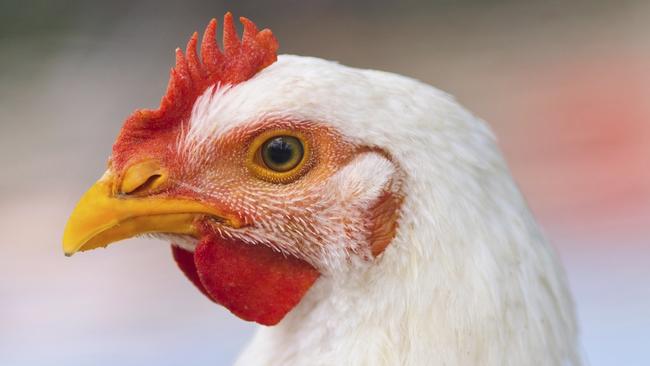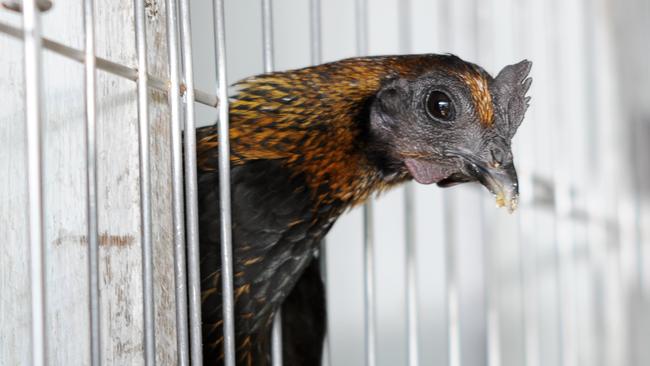Deakin world-first bird flu study aims to predict where, when outbreaks could occur
A world-first study from Deakin University has taken aim at bird flu and discovered “critical” information for predicting outbreaks in humans.

Geelong
Don't miss out on the headlines from Geelong. Followed categories will be added to My News.
A decade-long study by Deakin University has captured “critical” information in predicting the outbreak risks of bird flu in Australia.
According to researchers avian influenza, commonly known as bird flu, has been spreading its wings as the Covid-19 pandemic took the world’s attention.
Bird flu is lethal to poultry and potentially fatal in humans, and like Covid-19, can cause widespread disruption to all facets of society, researchers say.
Deakin researchers have spent the past 10 years reviewing more than 10,000 birds to establish what species might have it and when it may arrive.
School of life and environmental sciences Professor Marcel Klaassen led the research, which was recently published in the journal Proceedings of the Royal Society – Biological Sciences.

The Waurn Ponds-based researcher said the team discovered ducks and migratory shorebirds were the most likely bird groups to carry the virus.
“(That is) information that is crucial in predicting if, and when, Australia may experience bird flu outbreaks,” he said.
“The relevance for humans is that some avian influenza, just like coronavirus strains, have zoonotic potential, meaning they can spread between animals and people.
“The 1918 Spanish Flu pandemic is an example of this.
“Notably with the new and highly virulent avian influenza virus on our doorstep, our research helps in deciding what birds to sample, and the areas to focus on, so we can be on the front foot when it arrives in Australia.”
Prof Klaassen said early detection was important to stop the virus spreading to other wild birds and the poultry industry by stepping up biosecurity measures.
The study is unique because of its length and the number and diversity of samples.
Over the past 12 months, about half a billion chickens died or were destroyed in relation to a new and highly virulent form of bird flu that spread across all continents, except Australia and Antarctica.
The same virus killed hundreds of thousands of wild birds over the same period, resulting in Europe recording 2022 as its most devastating bird flu season ever.
Scientists are concerned that 2023 will be even worse.
Lethbridge in Golden Plains Shire recorded an outbreak in 2020.
A high pathogenic strain of the virus was detected at a Lethbridge egg farm on July 31, 2020, with a nearby farm testing positive the week after.
Another low pathogenic strain was discovered at a turkey farm in Golden Plains Shire and another at Bairnsdale on August 10, 2020.
Pindarri Poultry Pty Ltd and its development manager Glenn Canning were fined in June, 2022, after illegally moving poultry during the 2020 outbreak, the largest bird flu outbreak in Australia.
More Coverage
Originally published as Deakin world-first bird flu study aims to predict where, when outbreaks could occur







